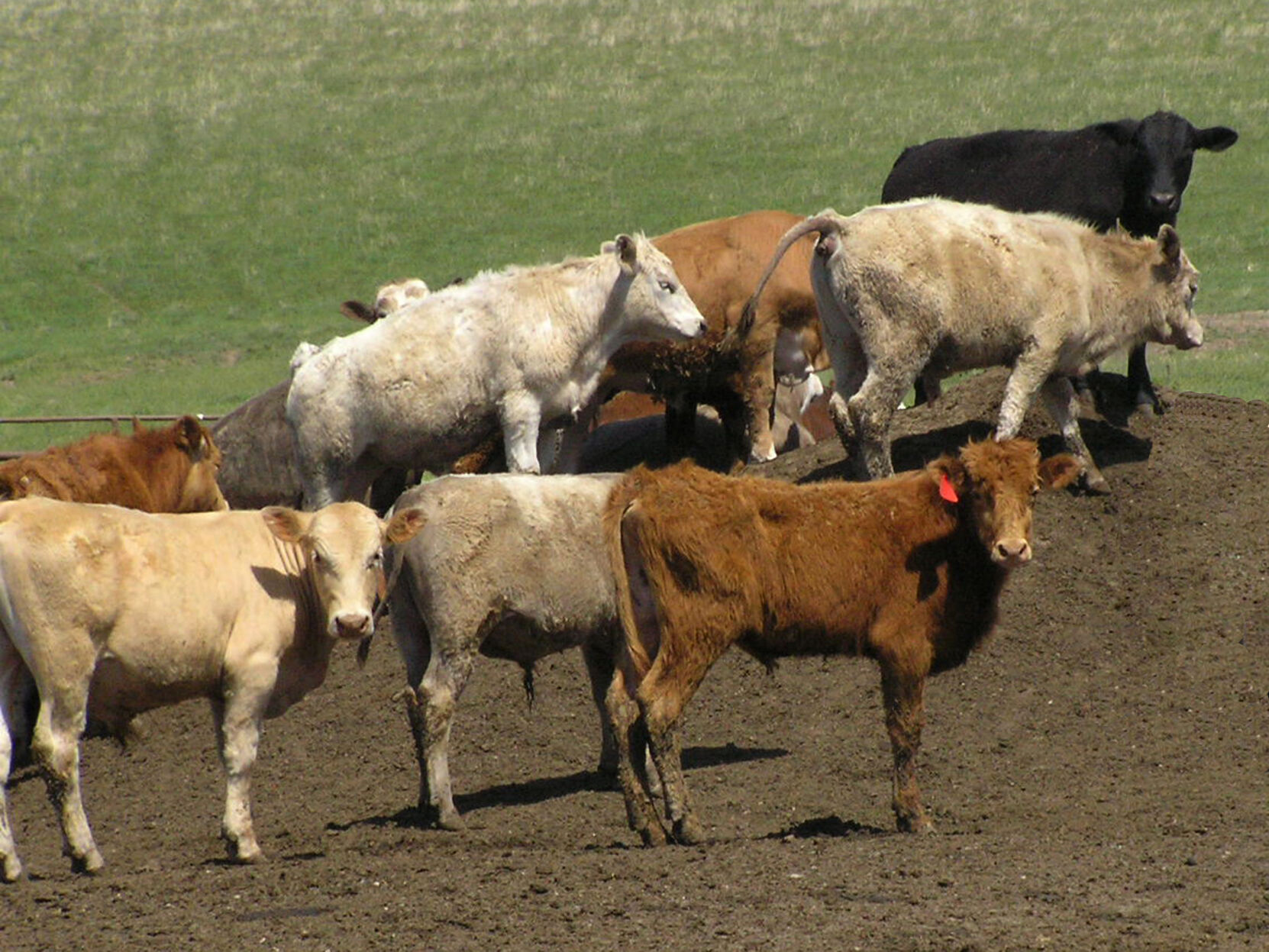Colorado’s highest court affirms Mother Nature’s act should not hurt feedlot’s operation

The Colorado Supreme Court upheld a lower court’s ruling that threw out a state attorney general’s claim that 5 Star Feedlot near the Kansas border was liable for “one of the largest fish kills in the state’s history.”
The case had been filed following a June 2015 storm in which the South Fork of the Republican River flooded. A storm system dropped 6 inches of rain over three days, including 2 inches within 30 minutes of the first day of the storm in the 50-year event.
The event itself led the Colorado Division of Parks and Wildlife to say the rain event allegedly caused the death of 379 fish from the discharge from a detention pond system and that 5 Star was liable. The feedlot’s lead attorney, Chris Carrington, of Denver-based Richards Carrington, in fall 2020 said the state misinterpreted a Colorado statute dealing with illegal possession of wildlife and how it was applied against 5 Star Feeders, a 28,500-head feedlot located in Idalia.
A district court ruling in Yuma County first ruled 5 Star Feeders was liable. A civil action to recover the losses alleged 5 Star violated a state law that made it unlawful for any person to hunt, take or have in his possession wildlife that was the property of the state.
The state went on to extrapolate damages to say about 15,000 fish were killed and those numbers were used to build a penalty of $625,755 imposed by Yuma County District Court Judge Carl S. McGuire III. That penalty was also dismissed by the Colorado Court of Appeals when it overturned the ruling.
In its summary judgment, the district court said 5 Star was strictly liable for the deaths of the fish under the state’s wildlife statutes. However, the Colorado Court of Appeals agreed with 5 Star Feedlot’s counsel that the summary judgment was wrongly decided and that an “unlawful taking” requires that the defendant “knowingly” engage in the act.
The Colorado Attorney General’s office appealed the court of appeals’ ruling to the state supreme court.
Carrington was pleased with the top court’s decision to reaffirm the court of appeals ruling.
“I felt was a win for common sense and, thankfully, added a little more certainty for the livestock industry as to the limits of the unlawful wildlife taking statutes,” Carrington said.
With the high court’s ruling it is likely the end of the case unless the state’s attorney general chooses to pursue to the U.S. Supreme Court.
One of the items highlighted was that the discharge from a detention pond was in compliance with regulations and met state standards and that was cited at both court levels. “5 Star’s compliance, while not determinative as a legal issue, mattered a lot to the courts,” Carrington said. “The lessons to the livestock industry here is to be very cognizant of Colorado Department of Public Health and Environment regulations and be very militant within your organization to stay in compliance. 5 Star’s compliance enabled me to argue the fundamental unfairness of this case—that is 5 Star did nothing wrong and, in fact, did everything the state required of it, and the state sued 5 Star anyway for something it could not contend.
“The opinion turned on whether 5 Star engaged in an act prohibited by the statute, and Justice (Carlos) Samour (Jr. ) found that it did not—that the discharge from the facility was not an act committed by 5 Star but, rather, was an act of God (which is 100% spot on correct),” Carrington said.
The feedlot plans to continue its operations, he said.
The victory comes at a time when Colorado’s government has appeared out of step with the state’s agricultural industry in recent months.
“I have generations of farmers in my family and I like to remind the reading public that those who rely upon the land for their livelihood and industry are typically the best stewards of the land, and 5 Star is no exception,” Carrington said.
Dave Bergmeier can be reached at 620-227-1822 or [email protected].



